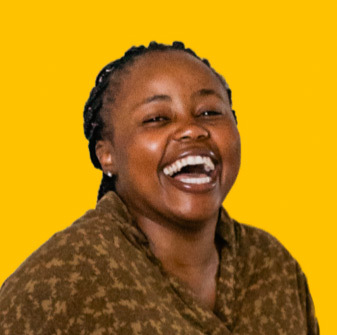Untangling the complex and sometimes intimidating world of health benefits can be difficult for anyone. What kind of coverage do you need for your lifestyle? What documents and paperwork will you need to show? Where should you even start?
These questions and many more will be answered at an upcoming LGBTQ Community Connection event hosted by the Center for LGBTQ Health Equity of Chase Brexton Health Care and presented by Taylor Hans and Mike Willis of Chase Brexton Health Care’s Social Work and Outreach department. The event will take place virtually on Thursday, November 11 at 1:30 p.m. For more information or to join, visit www.chasebrexton.org/LGBTQCommunityNov2021.
We asked Mike and Taylor for a few tips about navigating the many options for health benefits.
What are some common concerns you hear from individuals trying to navigate the world of health benefits?
Taylor: One of the things I often hear is that people are confused about what benefits are best for them and their needs. There is so much information that it can be hard to consolidate and make a realistic decision about your health options. There are numerous agencies and support networks available that will assist individuals with making these decisions, but they are not well-known or advertised frequently. I know it may feel overwhelming at times, but there are many people capable and willing to assist with insurance enrollments!
What problems do LGBT elders often face in taking advantage of their health benefits?
Taylor: A lot of LGBTQ+ individuals have unique health needs that may not be well understood by insurance carriers. For instance, many transgender individuals need access to hormone therapy treatment but lack the coverage available to pay for these necessary medications. Also, individuals within the LGBTQ+ community are particularly vulnerable to stigma and discrimination over their health needs, as some providers may push for a binary, standardized solution to a non-binary, unique problem.
In addition to the negative health outcomes that may result from not using their health benefits, what financial risks do these individuals face?
Mike: Late enrollment in Medicare insurance and prescription programs will result in higher premiums when the person does need to enroll. The person may have to wait months for an enrollment period to open to get those benefits that may be needed urgently. Also, the only time a person can easily enroll in a Medicare supplementary plan is during the six months after she first becomes eligible for Medicare.
What strategies can LGBT elders use to make navigating their health benefits feel less overwhelming?
Mike: The federal government funds a program nationwide called SHIP—the Senior Health Insurance Plan Program—that helps Medicare enrollees of any age understand all the parts of Medicare and choose the best option for himself or herself.
We also help Chase Brexton patients understand their health coverage options during our Health Insurance Assessment Walk-In Hours; visit www.chasebrexton.org/ACA for locations, hours, and more information.
What do you hope that those attending this Lunch & Learn take away from your presentation?
Mike: Medicare can be confusing, but there are people out there who can help you get coverage that best suits your needs.
For more information about the Center for LGBTQ Health Equity and its programs, please visit www.lgbtqhealthequity.com.
The Center for LGBTQ Health Equity
